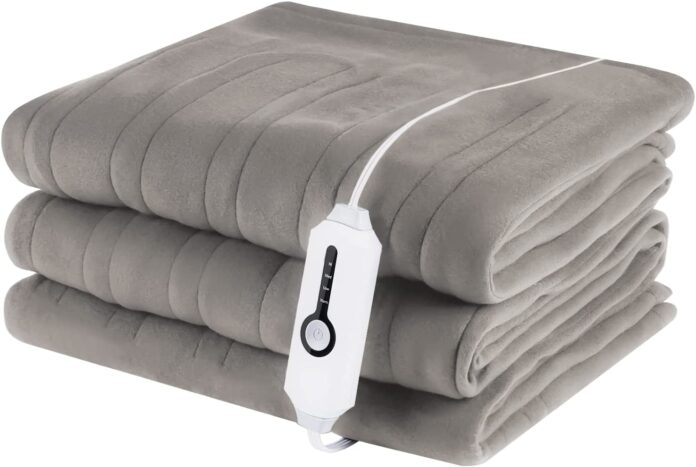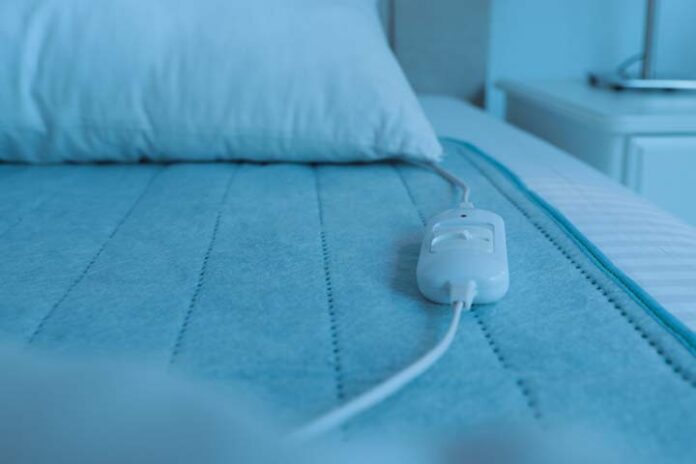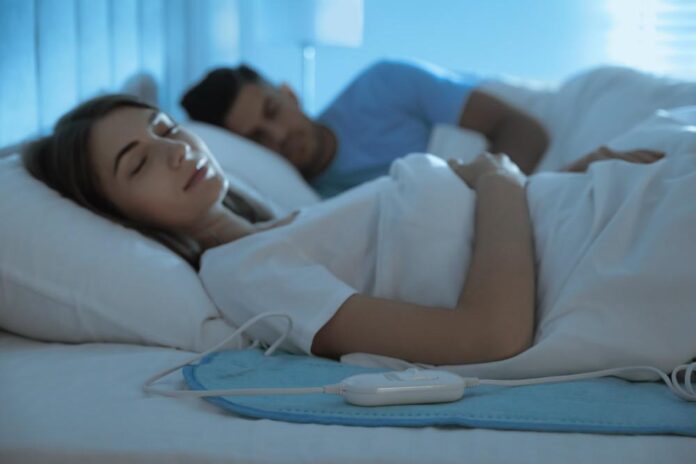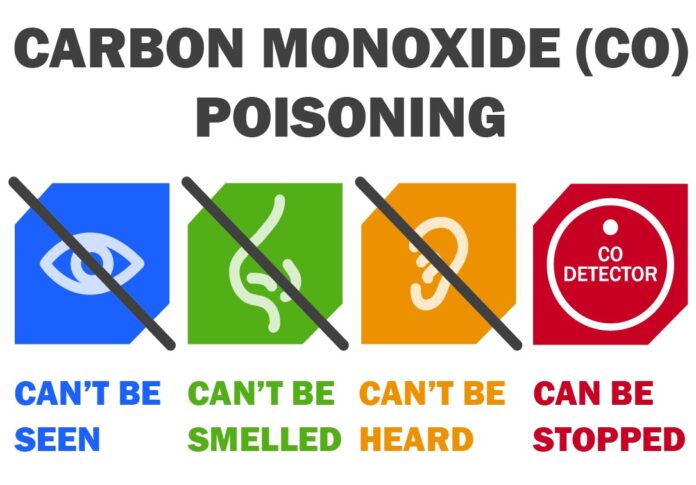Body heaters have become a popular way to stay warm during the cold winter months. They are convenient and cost-effective, which is why they’re so widely used. However, like any form of heating, they come with potential side effects that must be taken into consideration before using them. Let’s take a look at what these potential side effects are.
The most common side effect associated with body heaters is fire risk. Any form of heating carries a certain degree of fire risk due to the high temperatures and open flames involved in their operation. This is especially true for electric body heaters which can reach temperatures up to 1500 degrees Fahrenheit when operating near combustible materials such as furniture or curtains. To minimize this risk, it’s important to keep your heater away from flammable objects and to never leave it running unattended for long periods of time. Additionally, make sure that you purchase a heater that has been tested for safety by an independent laboratory like UL or ETL so you know it meets industry standards for quality and performance.
Carbon Monoxide Poisoning
Another potential side effect of using a body heater is carbon monoxide poisoning. Carbon monoxide (CO) is an odorless gas created when fuel is burned in an enclosed area without proper ventilation. If CO levels get too high in your home, it can cause serious health problems such as headaches, dizziness, nausea, vomiting, and even death in extreme cases. To prevent this from happening, always make sure that your heater has access to fresh air and is properly vented before turning it on. Additionally, install at least one CO detector on each floor of your home so you can be alerted if CO levels start to rise above acceptable levels. Finally, make sure that you regularly inspect your heater for signs of damage or wear as this could lead to increased CO production if not addressed immediately.
Additionally about Body Heaters

Body heaters can be a great way to keep warm, but if used improperly, they can present a danger. The main safety concerns associated with body heaters are burns from direct contact with the heating element or overheating of flammable items left too close to the heater due to its high temperatures.
To reduce the risk of injury from body heaters, it is important to practice common sense when using them. Make sure you read and follow all manufacturer’s instructions for use and avoid touching or coming into contact with the heating element itself. Additionally, do not leave flammable objects such as clothing or bedding near the heater, as these items could easily catch fire if exposed to high temperatures over an extended period of time. Lastly, make sure that you install your body heater in an area away from any combustible materials as this will help prevent fires caused by sparks emitting from the device while operating.
By taking these simple precautions when using body heaters you can enjoy their warmth without having to worry about potential safety hazards posed by improper operation.
Body heaters, like medicrystal mat, offer a convenient way to stay warm during colder months but there are some potential side effects that need to be taken into consideration before using them such as fire risk and carbon monoxide poisoning. It’s important to research different brands and models before purchasing one so you know it meets safety standards and comes with adequate ventilation options. Additionally, installing CO detectors on each floor of your home will help protect against dangerous levels of carbon monoxide building up over time from faulty equipment or poor maintenance habits. Following these tips should help ensure that you enjoy safe and comfortable temperatures this winter season without compromising your safety or health!
Safe Use of Body Heaters
The safe use of body heaters is essential to avoid potential side effects. Here are some guidelines to follow:
Read the Instructions Carefully
Before using any type of body heater, read the instructions carefully. This will help you understand how to use the product safely and effectively.
Use for the Recommended Time
Most body heaters have a recommended time for use. Make sure you follow these instructions and do not leave the heater in direct contact with your skin for an extended period of time.
Avoid Direct Skin Contact
It’s essential to avoid direct contact between the heater and your skin. Use a thin cloth or towel as a barrier between the heater and your skin to prevent burns.
Check the Temperature
Before using the heater, check the temperature to ensure it’s not too hot. It’s essential to avoid overheating the heater, as this can cause burns.
Don’t Use on Open Wounds or Irritated Skin
Do not use the heater on open wounds or irritated skin, as this can worsen the condition.
Stay Hydrated
As mentioned earlier, body heaters can cause dehydration. Make sure to drink plenty of water before and after using a heater.
Keep Away from Children and Pets
Body heaters should be kept away from children and pets, as they can accidentally cause burns or ingest the contents of the heater.
Store Correctly
After using the heater, store it in a cool, dry place. Avoid exposure to direct sunlight or heat.
Discontinue Use If Necessary
If you experience any discomfort or adverse reactions, discontinue use immediately and seek medical attention if necessary.
By following these guidelines, you can use body heaters safely and effectively to ease your aches and pains.
The Hidden Dangers of Body Heaters: What You Need to Know

Body heaters, also known as heat packs, have become a popular way to soothe sore muscles and provide warmth during the cold winter months. While they can be effective at providing temporary relief, they also come with potential side effects that many people are unaware of.
One of the most significant risks associated with body heaters is burns. The high temperatures that these devices can reach can easily cause burns if left in contact with the skin for too long. This is especially true for individuals with sensitive skin or reduced sensation, such as the elderly or those with neuropathy. Even worse, repeated use can cause long-term skin damage that may require medical attention.
Another risk associated with body heaters is dehydration. When applied to the body, they can cause excessive sweating, which can lead to fluid loss and dehydration. This is particularly dangerous for young children and the elderly, who are more susceptible to dehydration.
In addition to burns and dehydration, body heaters can also cause allergic reactions. Some people may be allergic to the materials used in the heating pack, such as natural fibers or chemicals used to activate the heating process. This can cause skin irritation, redness, and even hives.
Conclusion

It’s important to remember that while body heaters can provide temporary relief, they are not without risks. If you experience any discomfort or adverse reactions, it’s best to discontinue use immediately and seek medical attention if necessary. Always read the instructions carefully before using any heating product, and never leave a heating pack in direct contact with your skin for an extended period of time. By being aware of the potential side effects, you can use body heaters safely and effectively to ease your aches and pains.










